
views
Madrid: Atletico Madrid's emergence as a third force in Spain and contenders among Europe's elite rests on wobbly economic foundations and the edifice could come crashing down if they cannot sustain their remarkable run.
The club's success is in large measure down to inspirational coach Diego Simeone, who since taking charge in late 2011 has moulded an unspectacular squad into a unit capable of challenging the continent's richest clubs, including La Liga rivals Real Madrid and Barcelona.
Real and Barca again topped Deloitte's latest Football Money League of the world's wealthiest club's by income, with revenue in excess of 500 million euros, while Atletico squeaked into the top 20 with earnings of 120 million.
Despite the huge gulf in resources, they are a point clear of Barca at the top of Spain's domestic league and three ahead of Real with six games left and are closing in on a first La Liga title since 1996 with a team featuring Simeone in midfield.
At the same time, they have enjoyed another lucrative run in Europe and play their Champions League quarter-final, second leg at home to Barca on Wednesday with the pair locked at 1-1 after last week's first leg in the Catalan capital.
Step back from the euphoria for a moment, however, and a glance at Atletico's accounts makes for grim reading.
Figures for 2011-12 collated by Jose Maria Gay, a professor at the University of Barcelona and an expert on soccer finances, show the club are saddled with debts of more than 500 million euros and the cost of paying their players and staff alone is more than 90 percent of annual earnings.
They had managed to stay afloat due to their unexpected winnings on the pitch and by convincing the government to let them fall behind in the payment of more than 100 million euros in taxes, according to Jaume Llopis, a professor at the IESE business school in Barcelona and soccer finance expert.
The sale of top players like Fernando Torres, David De Gea and Sergio Aguero to the Premier League, a partnership with the Azerbaijan tourist board, reported to be worth 12 million euros over 18 months, and a deal with sporting goods maker Nike have also helped keep the wolves from the door, Llopis said.
"Atletico Madrid's financial situation is dramatic," he told Reuters.
"But this year because of the team's excellent results their economic problems are not talked about. "Only with their continued presence in the Champions League, locking in the sponsorship deal with Azerbaijan, attracting more sponsors and selling their best players can they improve their finances, although it will be very tough.
"Either they stay in the Champions League and win the odd title which keeps the sponsors happy or they won't be able to straighten out their precarious economic situation."
BRIGHT SPOT
Angel Barajas, a professor of finance and accounting at the University of Vigo who specialises in sports economics, believes Atletico do not have the resources to challenge in more than one competition over the longer term.
However, by selling their best players from time to time and buying decent replacements, as well as bringing through talent from the club's academy, they could remain a strong contender in the second rank behind the richest teams, he added.
"Atletico's situation is problematic because of the level of debt but if they manage to keep wages under control and sell players to raise cash, while keeping their sporting model intact, they could stay at a good level," Barajas told Reuters.
"What is not viable in the long term is trying to stay in the fight for La Liga and European silverware in competition with clubs who have more than twice their earnings.
"One exceptional season is possible but competing at the highest level in various competitions needs not only a good team but an extraordinary squad. And that costs a great deal."
Placido Rodriguez, a professor of economics at Oviedo University and a former chairman of Sporting Gijon, noted several examples of Spanish clubs with relatively limited resources that have challenged at the highest level before fading away again.
These included Valencia, Villarreal, Deportivo La Coruna and Sevilla, who all had successful runs in Europe and either won or came close to winning La Liga in the past 15 years but like Atletico, have had to sell their top performers.
One potential bright spot for Atletico, which would boost revenue and help secure their future, was the planned move from their crumbling Calderon stadium to a new 70,000-capacity arena at La Peineta, Rodriguez said.
There are also plans for a vast new training complex which would include offices, a 15,000-seater stadium for the second and third teams and facilities and shops for fans.
"If these two projects come off and they don't make any crazy financial decisions in the meantime, for example when results aren't going their way, Atletico's economic situation will be much improved," Rodriguez told Reuters.
Atletico have already qualified for next season's Champions League and their run in the latest edition of the competition should see them climb the rankings in Deloitte's next Money League, the accounting firm said.










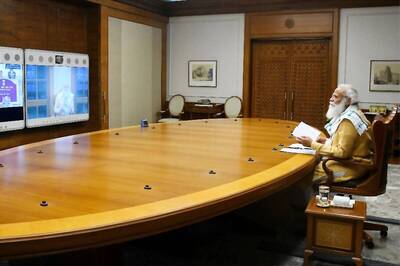


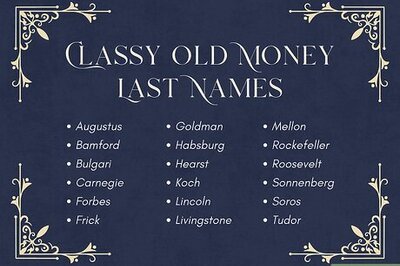

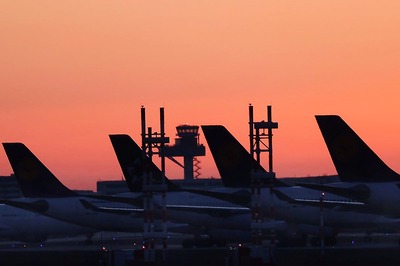
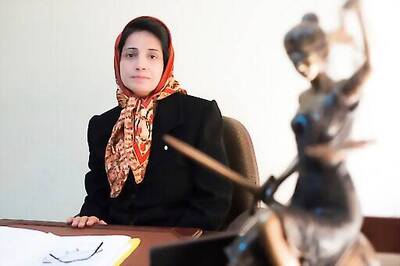
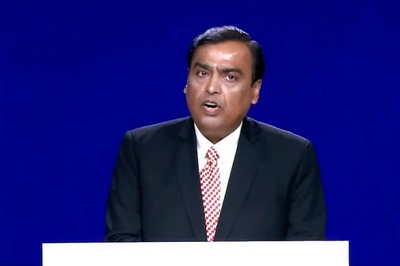


Comments
0 comment